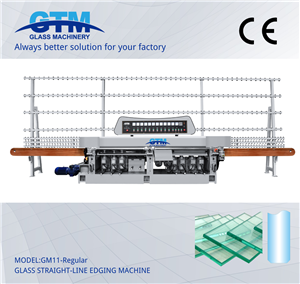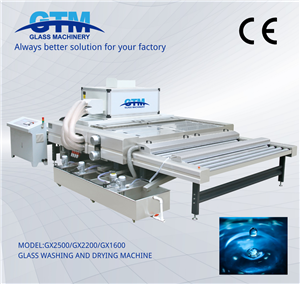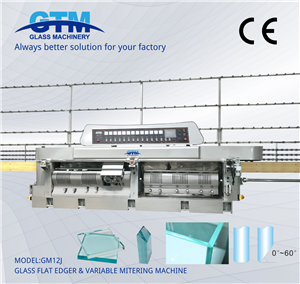Understanding Frosted Glass: Features, Benefits, and Applications
Frosted glass, also known as opaque glass or etched glass, is a type of glass that has been treated to have a translucent finish, which offers privacy while still allowing light to pass through. This article will explore what frosted glass is, how it's made, its benefits, and its various applications.
What is Frosted Glass?
Frosted glass is created by sandblasting or acid etching one side of a clear glass pane, resulting in a surface that diffuses light and reduces visibility. This process gives the glass a distinctive, frosted appearance that can be used for both functional and decorative purposes.
How is Frosted Glass Made?
The production of frosted glass involves the following methods:
1. Sandblasting: This technique involves blasting the glass surface with fine grains of sand at high pressure. The sand particles abrade the surface, creating a rough, frosted texture.
2. Acid Etching: In this method, the glass surface is treated with hydrofluoric acid. The acid reacts with the glass, dissolving a thin layer and leaving a smooth, frosted finish.
3. Film Application: Frosted glass can also be created by applying an adhesive vinyl film to the glass surface. This is a less permanent method and allows for easy removal or replacement.
Benefits of Frosted Glass
1. Privacy: Frosted glass provides a high level of privacy by obscuring the view while still allowing natural light to pass through. It is ideal for areas where discretion is important, such as bathrooms and offices.
2. Aesthetic Appeal: The soft, diffused appearance of frosted glass adds a touch of elegance and sophistication to any space. It can be used in various designs and patterns to enhance the visual appeal of interiors.
3. Light Diffusion: Frosted glass diffuses light, reducing glare and creating a soft, even illumination. This makes it a great choice for spaces where harsh lighting can be a concern.
4. Versatility: Frosted glass can be used in various applications, from windows and doors to partitions and decorative elements. It is available in different thicknesses and can be customized to suit specific design needs.
5. Low Maintenance: Frosted glass requires minimal maintenance and is easy to clean. The frosted surface hides fingerprints and smudges, making it a practical choice for busy areas.
Applications of Frosted Glass
Residential Use: Frosted glass is commonly used in homes for bathroom windows, shower enclosures, interior doors, and room dividers. It provides privacy while adding a stylish element to the decor.
Office Spaces: In commercial settings, frosted glass is used for office partitions, conference room walls, and doors. It creates private workspaces while maintaining an open and airy feel.
Retail and Hospitality: Frosted glass is popular in retail stores and hospitality venues for creating elegant displays, signage, and decorative panels. It enhances the visual appeal while maintaining functionality.
Healthcare Facilities: In healthcare environments, frosted glass is used for patient privacy screens, consultation rooms, and doors. It ensures privacy and confidentiality in sensitive areas.
Decorative Elements: Frosted glass is also used for decorative purposes, such as frosted glass cabinet doors, tabletops, and wall art. It adds a unique and artistic touch to interiors.
Conclusion
Frosted glass is a versatile and stylish solution for enhancing privacy and aesthetics in various applications. Its ability to diffuse light and provide privacy makes it a popular choice for both residential and commercial settings. Whether you're looking to create a private sanctuary in your home or an elegant and functional workspace, frosted glass offers a practical and visually appealing option.




